Important Dos and Don'ts of Answering Interview Questions
Millions of things you can say, or you can stay mute. Mostly, it's not about what to say but how and when to say it, so we have some pointers for you to consider before you recklessly answer questions during your next interview.
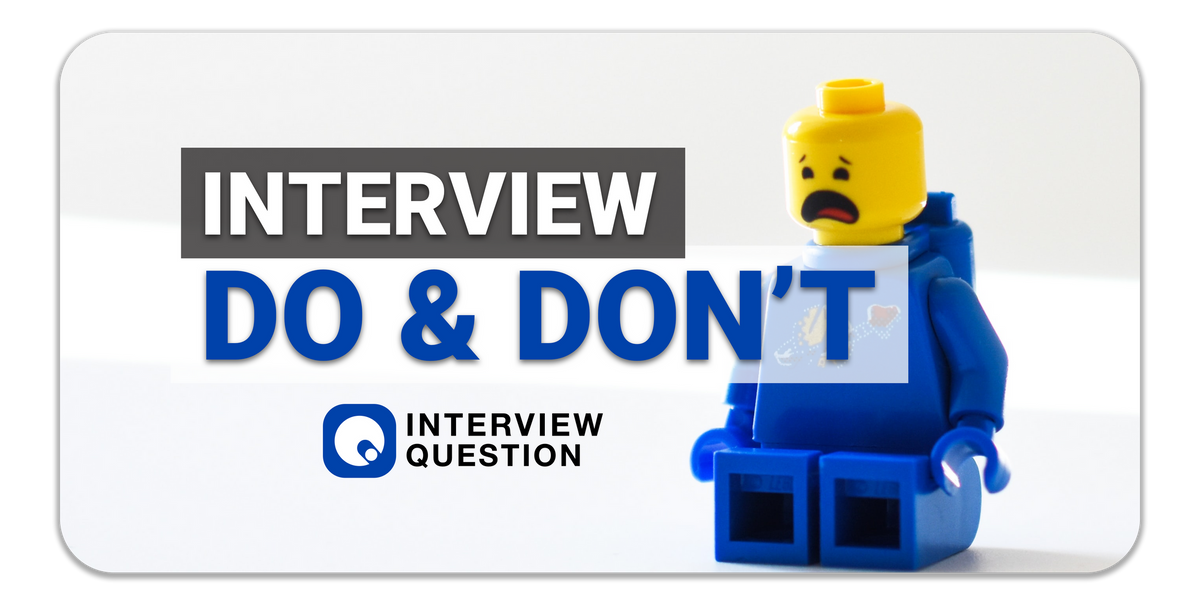
There are a million things you can say, or you can stay mute. Mostly, it's not about what to say but how and when to say it, so we have some pointers for you to consider before you recklessly answer questions during your next interview.
1. Always be genuine.
It's easy to spot 👀 someone who isn't telling the truth. Liars have a tell (visual indicator) such as an unintended tremor in their voice or a twitch in their pinky. Tells aren't immediately apparent to the one who's giving the tell, but to everyone around, these indicators are obvious.
Be candid in your questions and responses
Instead of being caught in a lie or being inherently dishonest to yourself, a genuine interviewee is often more valued. Genuine people give honest and candid opinions that brighten up boring conversations and deliver words that are pleasant to hear on the receiving end.
Genuine people build good relationships
Genuine also means not being deceptive. Information from genuine interview candidates is straightforward and easily understood. This direct understanding, therefore, means that it is easy to communicate with.
To place this potential employee in a team or project, there is a kind of gel and good relationship HR's money can't buy. Creating and sustaining relationships is often the heart of any and every company, whereas every HR wants to hire, train and retain the best talents to grow these sustainable relations.
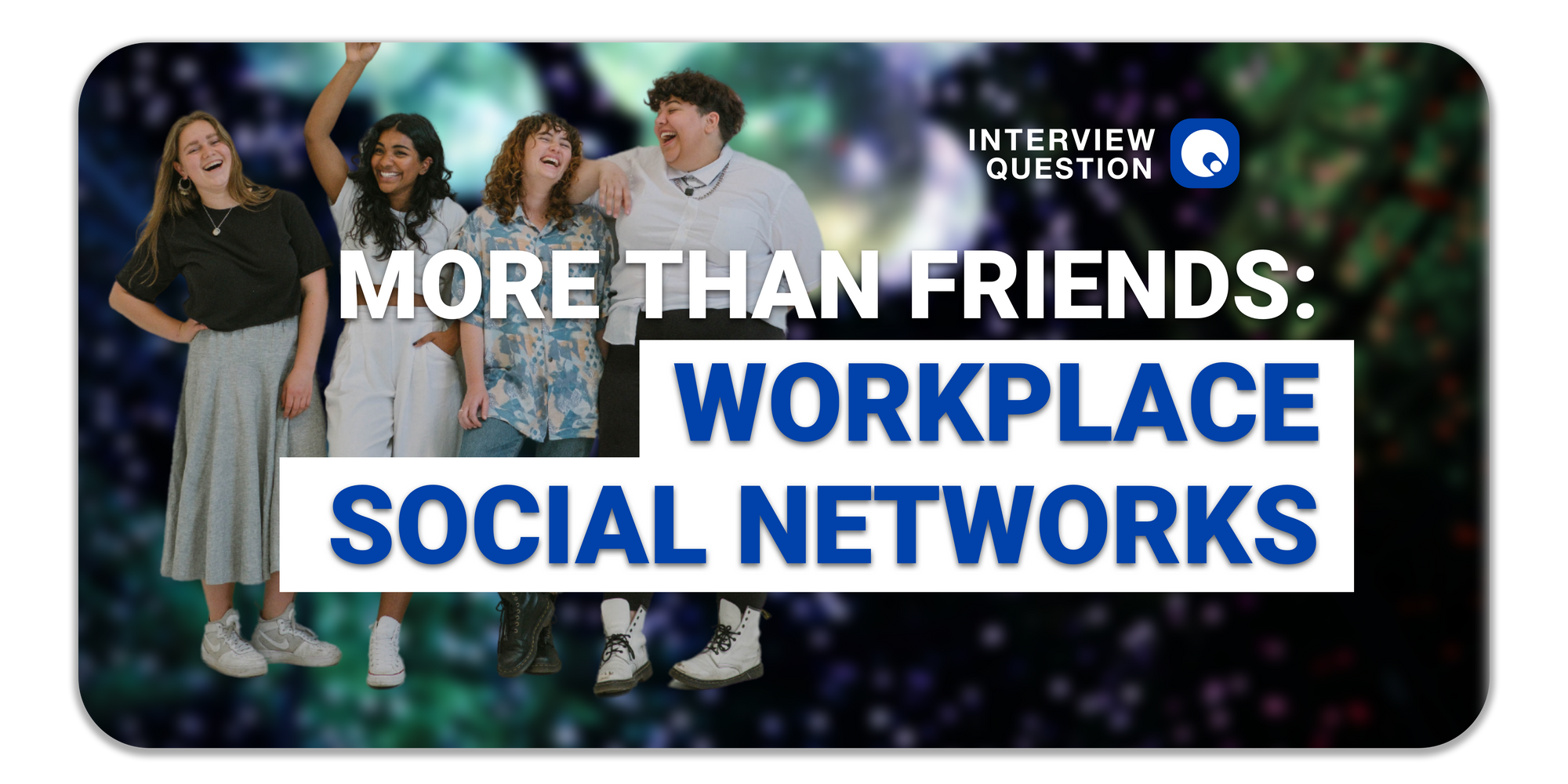
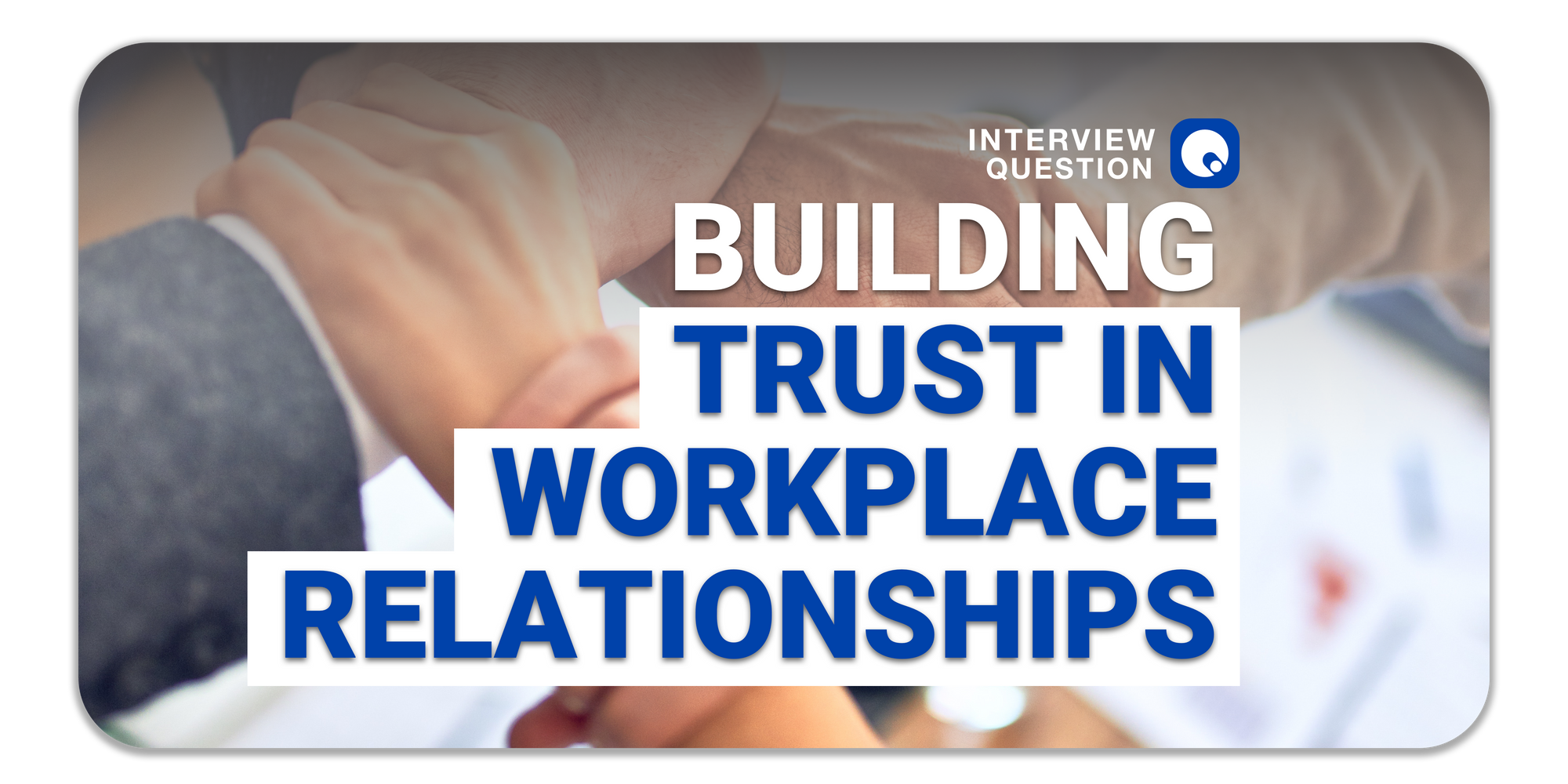
2. Show that you can take direction well 👉, communicate clearly, and work hard.
Employees are meant to be great followers first and good leaders later. Having an interviewee who can listen to instructions, understand the meaning and intent of the directions and to do their best to achieve results is nearly everything that any boss could ever want.
Good followers make great employees
During interviews, candidates who are able to demonstrate that they are able to take directions and to follow instructions will most likely be favored by employers.
Candidates who can communicate clearly and succinctly can also be a great asset to the team. Being able to formulate clear explanations and presentations during job interviews will definitely give a candidate a good advantage.
Communicating your desires during the intial interview is a good way to avoid a failed interview (why waste your time at an interview that you won't get a job?)
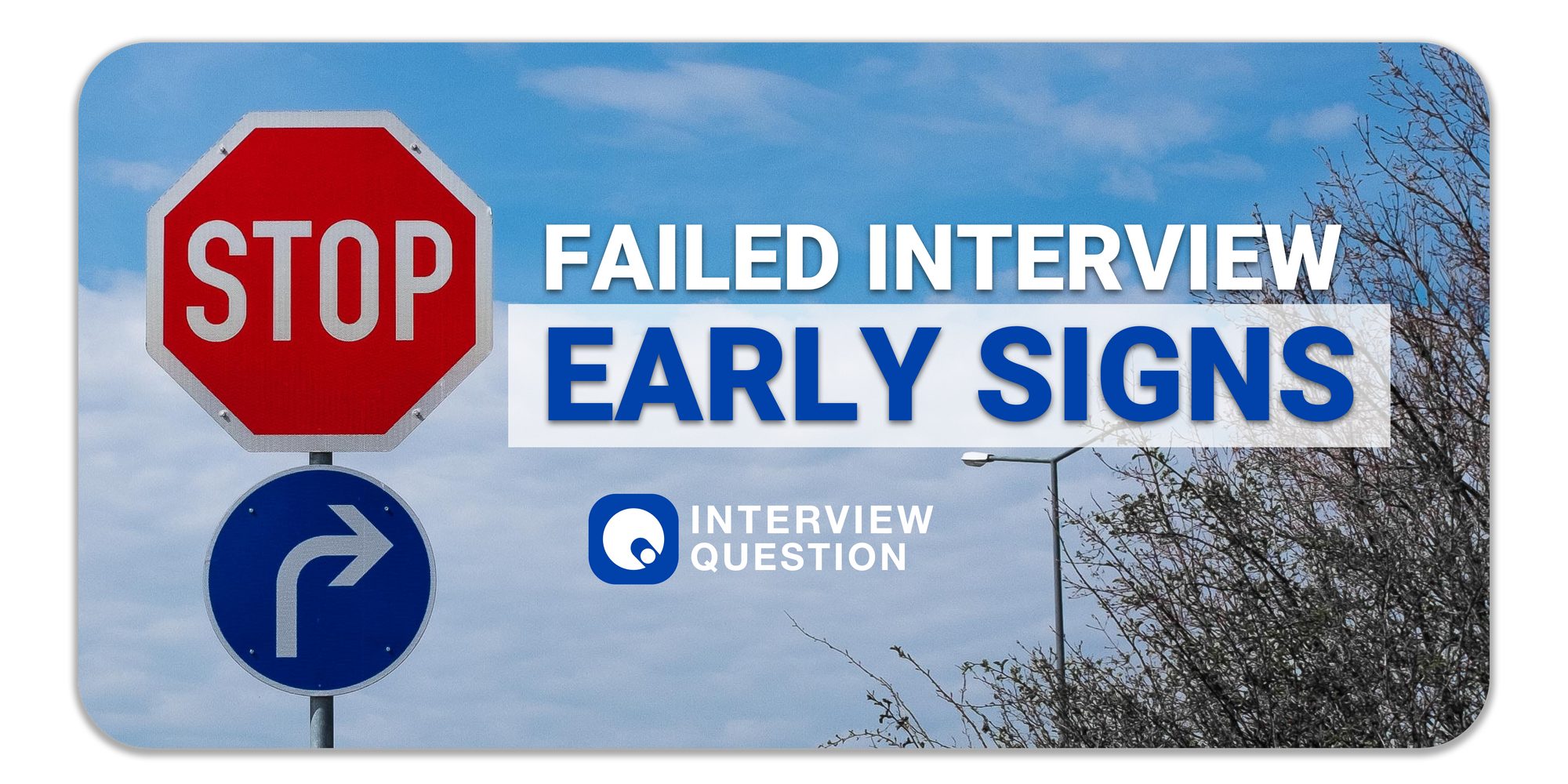
Employee's mentality
Working hard is always an important thing for employees because it reflects how the candidate approaches their work – rational, easy going, or obsessive/compulsive, among others. Having someone who works hard will ensure that they will put more effort into their work and would be able to deliver the results you’re looking for.
3. Ask questions about company culture, environment, benefits, etc., and show your interest from the start!
Interview questions that lead to the day-to-day specifics of the company are great ways for employers to identify particularly enthusiastic employees, as they end up being great advocates for their brand.
Apart from the usual questions on salary, benefits and work situation, it is a good idea for candidates to ask questions about job roles, responsibilities and about the company culture.
Employers love enthusiasm
Employers want to hire enthusiastic employees who would be passionate about their brand and not just the work, since they will put more effort into it. The prospective employer is also looking for people that will fit well with the team environment and they will be able to represent the company well. Image to many companies is everything. Plus, with high visibility brands and the popularity of virality, brands and their employees are both thrusts into the spotlight even when they don't want to be.
Interviewees who show interest beyond the job itself
Only few interviewees are able to have a good interview outcome at the end of the day. Leaving an impression a potential employer in a manner consistent with their brand values and vision is tougher than just impressing them with a glowing resume. Yes, you might fit the job, but do you fit the company?
In fact, you may even turn things around decide that you would be interested in hiring them!
4. Be confident in your abilities as a potential employee
Confidence is key in responding to surprise & unusual interview questions. Employers can pose impossible tricky questions or give a blindingly obvious question during your face to face meet. But maintaining clear composure and keeping your cool shows how well you react to all sorts of situations you might face while being employed.
The follow up to this is to define for yourself what makes you a good fit for the job, and then explain those points in a firm, trusted manner during the interview that makes those strengths shine. Point out any accomplishments which are relevant to the job at hand and show your confidence in them.
Sometimes, interviewers may think that no question is off-limits. Personal questions may be asked and knowing how to deliver a confident response in advance can better prepare you ahead of the interview session.
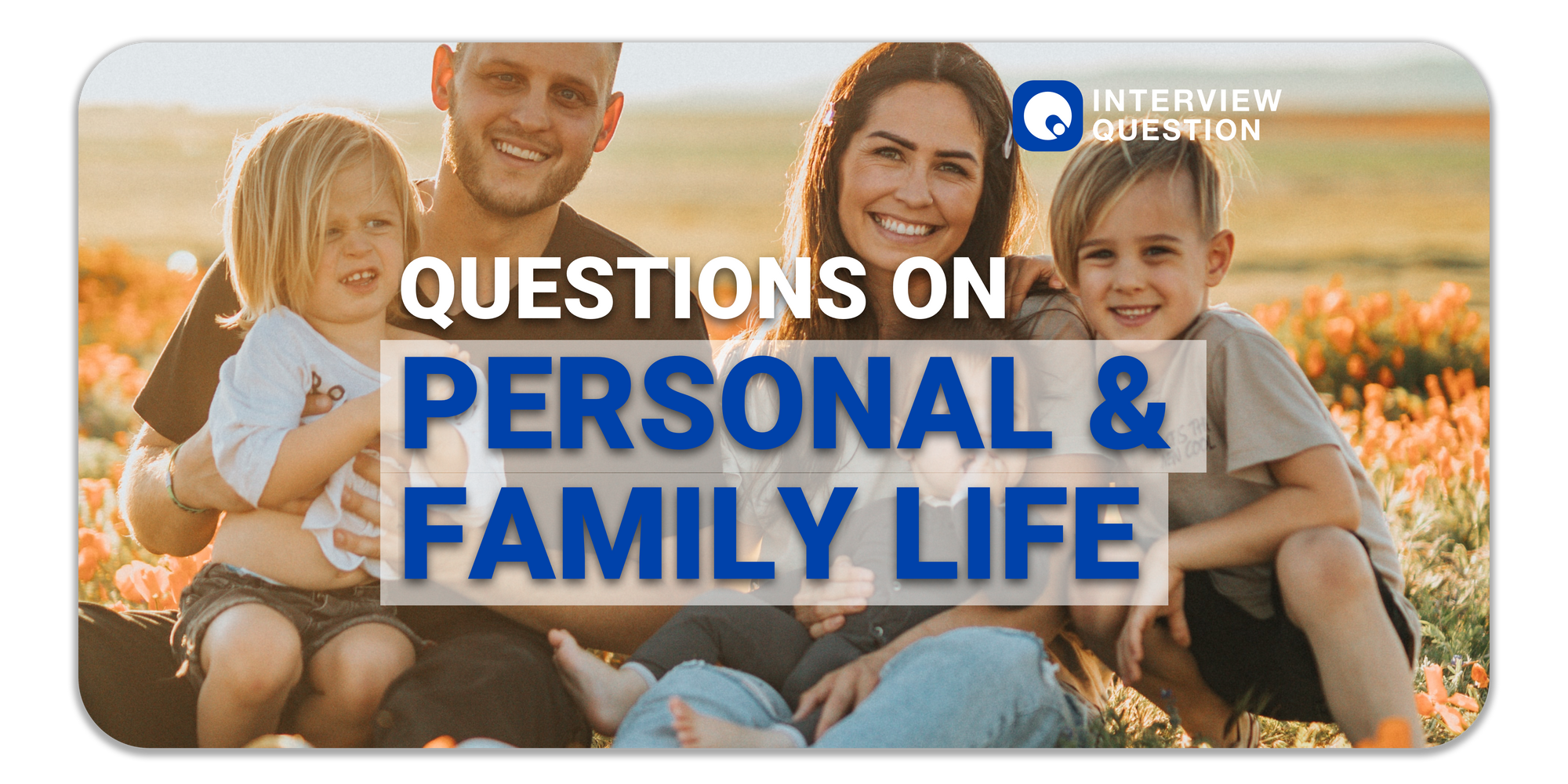
5. Be mindful of nonverbal communication 👉, such as body language, tone of voice, eye contact
Finally, the best interviewees always remember that they’re being listened to as much (if not more) through body language than they are being listened via their actual words. Interview questions can be intended to trip you up , and one way to anticipate this is to check out what the interviewer is doing when you’re speaking. If you see that they’re smiling while you’re talking about a strength and frowning when you mention a weakness, it might be time to rethink your strategy.

Expressions of interest and doubt
The tone of voice, body language, eye contact etc. all play key roles in giving an impression of someone as really professional and very much in control of their emotions. Showing a good amount of positive enthusiasm and making sure you’re being listened to not only show that you’re interested in the job, it also shows your confidence and knowledge of the company and give a sense that you’ll work well with the team.

